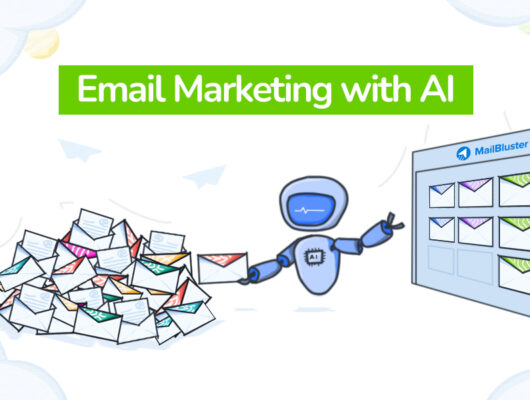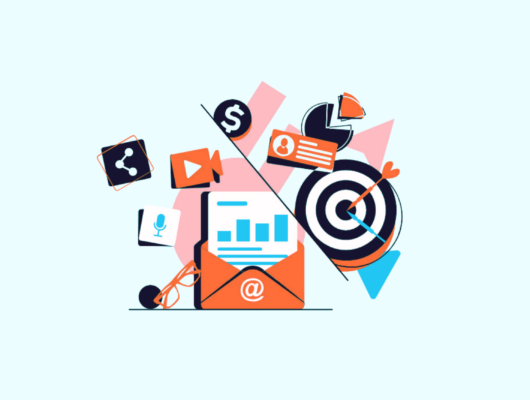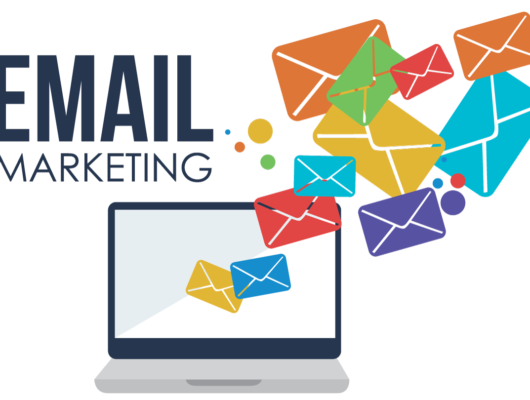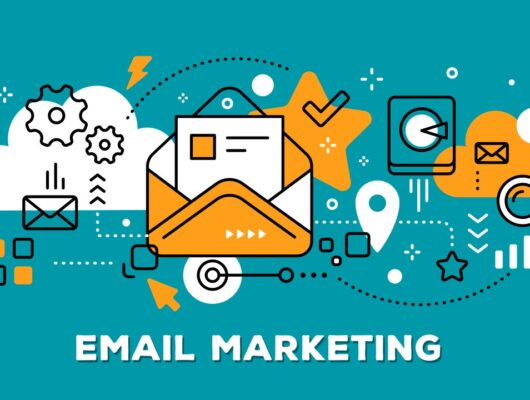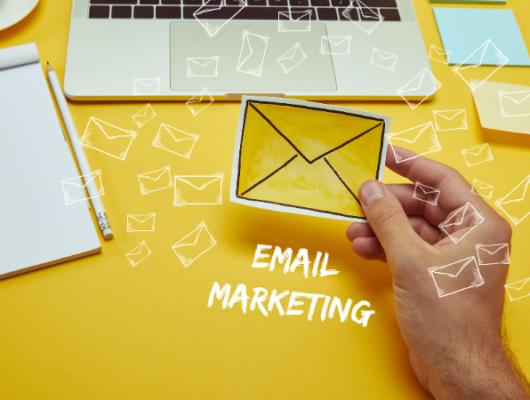An email marketing funnel is a strategic framework used to nurture leads through a series of emails, guiding potential customers from initial awareness to the final purchase and beyond.
This systematic approach helps marketers deliver targeted messages at each stage of the buyer’s journey, enhancing the likelihood of conversion and fostering customer loyalty.
This article outlines the stages of an email marketing funnel, discusses strategies for each phase, and highlights best practices for creating an effective funnel.
1. Understanding the Email Marketing Funnel
An email marketing funnel is divided into several stages, each corresponding to different customer mindsets and behaviors:
- Awareness: The potential customer becomes aware of your brand or product.
- Interest: The customer shows interest and wants to learn more.
- Consideration: The customer considers whether your product or service is the right fit.
- Purchase: The customer makes a decision and completes a purchase.
- Loyalty: Post-purchase communication aimed at retaining customers.
- Advocacy: Encouraging satisfied customers to refer others.
2. Strategies for Each Funnel Stage
Effective email marketing funnels employ specific strategies tailored to each stage:
- Awareness: Use educational content, industry news, and informative blogs to capture interest. The goal is to make potential customers aware of solutions your brand provides.
- Interest: Send emails that delve deeper into topics introduced during the awareness stage. Include content such as webinars, detailed guides, and product videos.
- Consideration: Share testimonials, case studies, and comparison sheets that help customers evaluate your offerings against competitors.
- Purchase: Offer incentives such as free trials, discounts, or limited-time offers to nudge leads toward purchase.
- Loyalty: Keep in touch with customers post-purchase with tips on product usage, upcoming offers, and new product announcements.
- Advocacy: Encourage referrals through referral programs, and share user-generated content to build community and reward promoters.
3. Best Practices for Building an Email Marketing Funnel
To create an effective email marketing funnel, consider the following best practices:
- Personalization: Tailor your emails to the recipient’s interests and past interactions with your brand. Use data from your CRM to personalize at scale.
- Segmentation: Divide your audience into segments based on their behavior and demographics to send more targeted communications.
- Automated Triggers: Set up email automation to send emails based on specific actions or timelines.
- Continuous Testing: Regularly test different aspects of your emails, from subject lines to content and design, to optimize performance.
- Consistent Monitoring and Adjustment: Use analytics to monitor the performance of each stage of the funnel and make adjustments as needed.
4. Tools and Technologies
Leverage tools that can help automate and refine the email marketing funnel process:
- Email Automation Platforms: Services like Mailchimp, HubSpot, and Salesforce provide robust automation features that facilitate creating and managing email funnels.
- Analytics Tools: Use tools like Google Analytics and built-in analytics from your email platform to track behavior and adjust strategies accordingly.
- A/B Testing Software: Platforms such as Optimizely or Unbounce can help you test different elements of your email campaigns.
5. Metrics to Measure Success
To evaluate the effectiveness of your email marketing funnel, track key metrics at each stage:
- Open and Click-Through Rates: Measure engagement and interest.
- Conversion Rates: Track how well different emails convert leads to the next stage.
- Bounce Rates and List Growth: Monitor the health of your email list.
- Customer Retention Rates: Assess how effective your loyalty and advocacy stages are at keeping customers engaged.
Conclusion
An email marketing funnel is essential for guiding potential customers through the buying process in a structured and effective manner.
By understanding and implementing strategic communications tailored to each stage of the funnel, businesses can improve their customer engagement, enhance conversion rates, and build lasting relationships.
As market conditions evolve, continuously refining your email marketing funnel will ensure it remains effective and relevant.



